I passed the Barnes & Noble self-help section that featured books on capturing every sort of success. Get rich. Get peace. Get healthy. In five easy steps.
Goals! The red ink screamed, catching my eye. The subtitled promised, How to Get Everything You Want – Faster Than You Ever Thought Possible.

I wasn’t going to buy any more books. I’d already made my selection, a hardback on the Tutor dynasty that included the famed King Henry VIII. You know him. He was the English dude who ended two of his six marriages by execution.
Anyway, as I exited the bookstore, I pondered the proliferation of self-help books. After the death of a loved one, we often turn to this section for advice about grieving. A whole lot more of the books detail how to be something or get something.
So, I wondered, if these books are so helpful, why do they keep selling? I mean, if the secret to self-esteem is inside the pages, for example, and you read the book, well, you don’t need to read another on how to gain confidence, right?
As quickly as I posed this question silently in my brain, I knew the answer.
Action. That’s the secret. Action is the key to every self-help book you or I will ever read and an critical key to any change we want to adopt.
We must take action. We must work the steps, be a doer, not just a reader.

Getting on the side of grief where tears don’t spill out at the slightest provocation is a different matter – and the same. We must take action to achieve healing – and we also can do nothing to speed things along.
“How can it be both?” you ask.
I often use the analogy of planting explain complexities. Grief is a winter of the soul. Our field – our lives – are littered with the death of what once was. It might appear that our field will never yield anything beautiful and satisfying again.
But after a while, we plow. We get the soil ready for tomorrow. We put good seed into the ground, and then we wait. And wait. And pray for rain. Or pull out a hose.

We cannot control the sprouting of the seed nor the speed at which a young plant will grow, but we can prepare our lives for something good to arrive.
What action can we take in the midst of grief to point us toward healing?
A year ago in July, I posted a blog entitled A Decade with Grief: Eight Behaviors That Transformed Pain into Peace, which detailed the action points that put my on the road toward healing. Allow me to offer three important points here today:
- Nurture your hope. Talk to people who’ve walked through the loneliness of loss. Recall your previous losses. You got to a better place. You will again.
- Sit with Grief. Don’t ignore it nor deny it. Wail. Ponder. Question. We cannot journey toward healing by going around grief. We can only go through it.
- Pray, pray, pray. Hold conversations with God about each feeling and thought. And listen for his reply and guidance. He wants to comfort you.
Our grief changes and rockets us toward healing as we, I believe, experience epiphanies. But we cannot order an epiphany like we order a medium-well T-bone at Longhorn Steakhouse. We’ve prepared the ground. We’ve taken all the action we can take. Now we must wait for the seed to surface.
I felt guilty for not being by my mother’s side when the died. I ruminated over this for two years and then one night while driving home I realized my mother didn’t know she was going to die on July 19, 2009, either. Hospice didn’t think she was going to die that night. So, how could I? That perspective helped me forgive myself.
The changes within us can be imperceptible at times. Keep to the plow. Scatter the seed. And continue watering. Don’t give up on yourself, on life, nor on God.
This is the self-help that works. Grief is stubborn. It will refuse to follow a five-step process, but we may offer it space to do its painful tasks. And in time, we will find ourselves walking past the bookstore’s self-help section to read about the drama of five centuries before we were ever born.
Do self-help books or information help you? If so, I’d love to hear what tips or suggestions helped smooth your journey.
Copyright © 2020 by Toni Lepeska. All rights reserved. www.tonilepeska.com
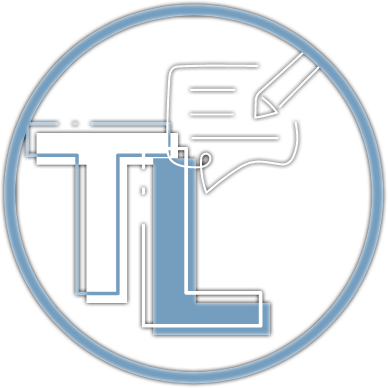

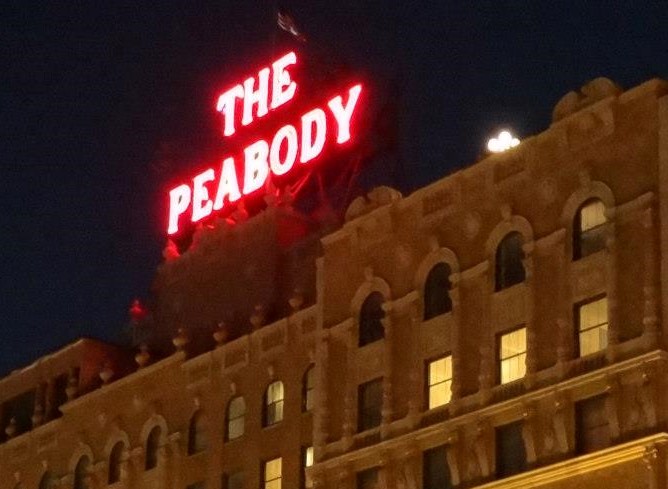
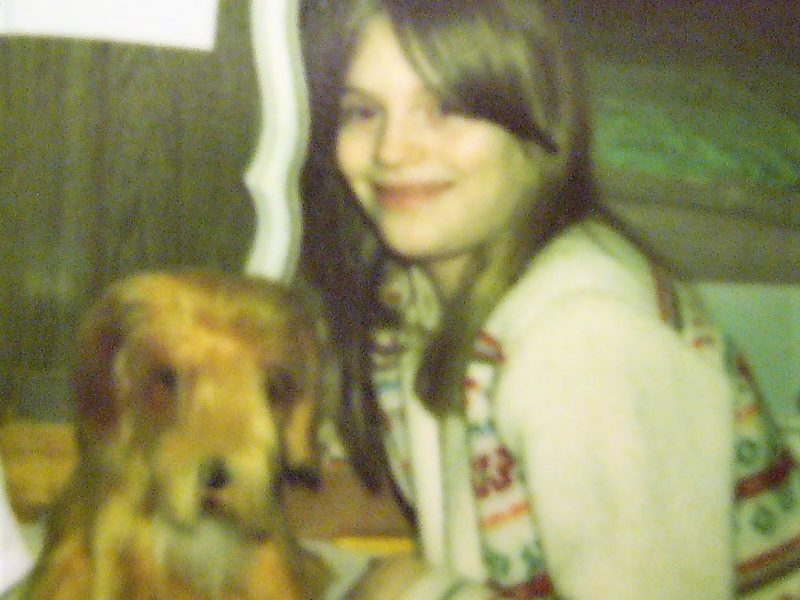
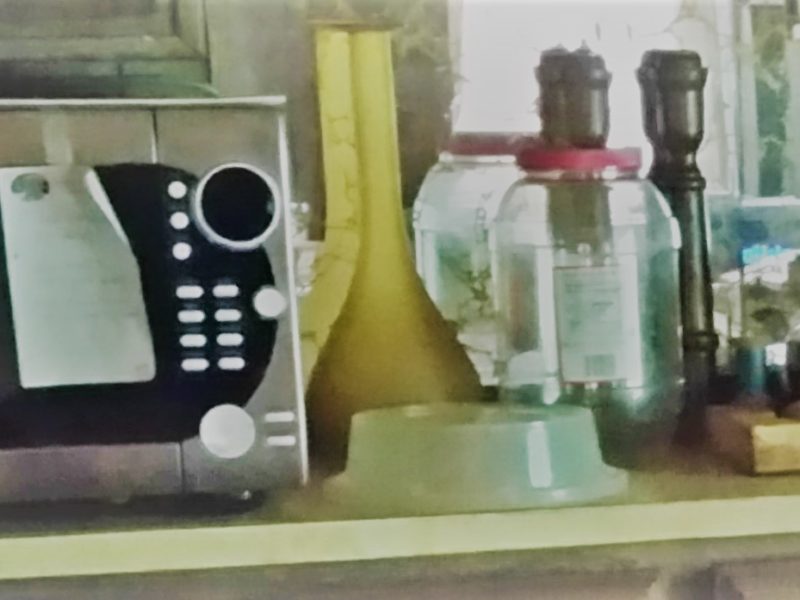

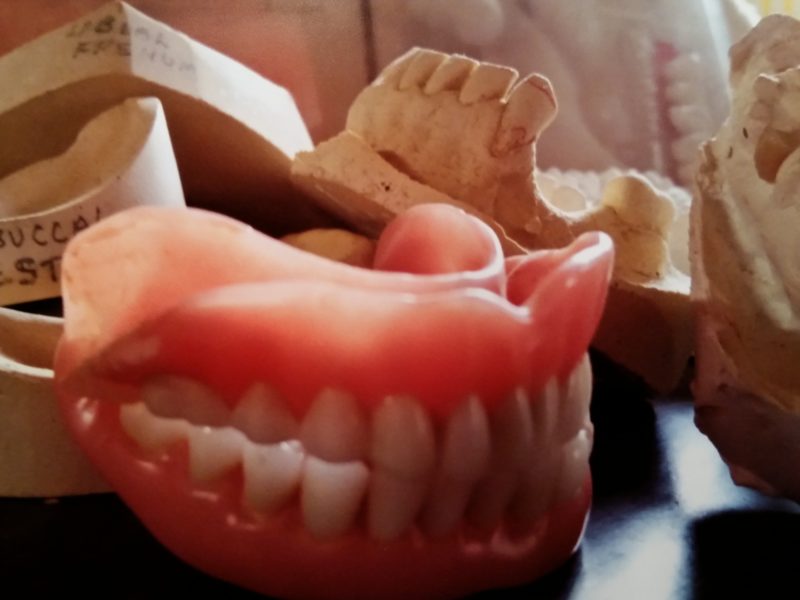

Toni
You invited comments on your blog/email today: do Self-help books help you through grief? Your own answer is probably correct – action is the remedy for grief, not reading. But even there, action in its own time. And we will make mistakes, even big ones.
Like many people I suspect, when my wife died three years ago of cancer I sought succour in books. My therapist called this rather aptly, bibliotherapy. Therapy itself does not heal, only time does, nor does bibliotherapy, but while you wait to heal, if you have the patience and resilience for it, you seek answers wherever you can find them. The reading may itself be only a place card, a holding pattern while you heal. It has value to the extent that your mind thinks it is doing something to help itself through the crisis of grief. In this respect it is sort of an action.
I read many books in the year or two after my wife died, almost all of them about grief. (The only one that wasn’t was about cancer!: The Emperor of All Maladies, Siddhartha Mukherjee.) I wasn’t ready to read fiction and it wasn’t until two years after wards they I started reading fiction again, and even most of those were about lost love. Of the books on grief, or perhaps on mental health, of the many I started for most I became stalled, I’d skim, or even set aside; only a few stuck with me. A few old faithfuls: David Burns, Feeling Good; William Bridges, Transitions; Martin Seligman, Authentic Happiness; and a thin little bedside reader, How to Survive the Loss of a Love, Cosgrove, Bloomfiled and McWilliams.
Even with good guidance, taking action is difficult. Even if there is such a thing as Free Will, it is as nothing without ‘Will power’, and in the grips of debilitating grief, all attempts at deliberate action, or cognitive behaviour therapy, are almost useless.
So we live as a habit, and we grope for answers, we may even live for a short period manically, and gradually we find new purpose.
I began to write about my journey with grief. Some people said it was therapy but I’m not so sure that was my intention, it may have even prolonged my depression and yearning. I felt I was using my talents and when I found myself in ‘flow’ my other enervating thoughts went away. And I knew that was what I wanted to do with the rest of my life, write. You can read about my journey here: https://afspublishing.ca . Maybe my book, Travels With Myself will be helpful to others on their own grief journey.
I still at times have bouts of melancholy, and think wistfully of my lost loves, but I turn my attention to my computer and I immerse myself in my writing. It gives me some respite. And I remind myself of my resolve to live my life vigourously. As you suggest, > > We must take action to achieve healing – and we also can do nothing to speed things along >
We cannot ‘be’ virtuous, we must do virtuous things; we are not merely human beings, we are ‘human doings’; we cannot ‘be’ happy [as a destination], we can only pursue happiness, for it is in the pursuit that we are happy.
Doug Jordan
>
Hi, Doug. First I want to offer my condolences on your wife. You honor her well by exploring your grief and finding meaning in this journey. Also, thank you so much for sharing your thoughts and perspective. I love the way you have articulated them. Many good points. I agree with you that sometimes “action” can look like inaction – well, you didn’t put it exactly like this, but I get your meaning. Simply crying – being with one’s grief, can be action, but it can feel like not an action, or it is what we do while we wait for the moments that give us bites of healing. Anyway, you are so on point that we cannot rush grief. I do hope that I did not leave anyone with the impression that I thought so! 🙂 At the same time, we can DELAY healing – by not “being with” the grief. I can tell you have really thought about your journey and have found things that work for you. I will definitely check out the link. I hope my readers who may see our convo also turn to it for additional perspective. I hope we “talk” again. All my best, Toni